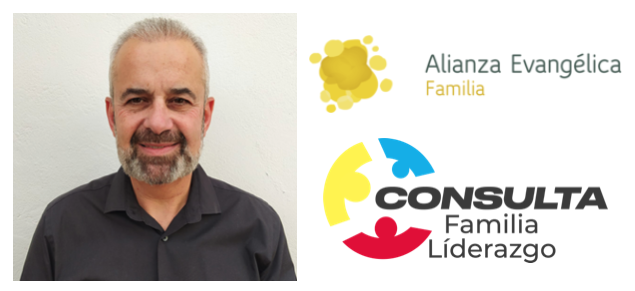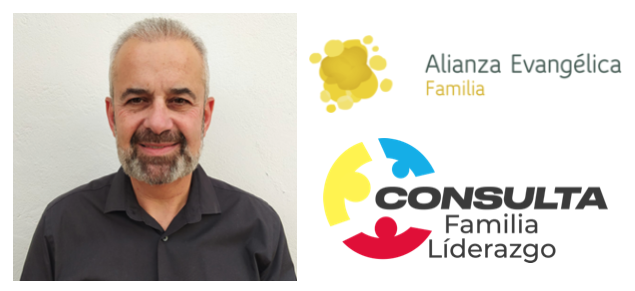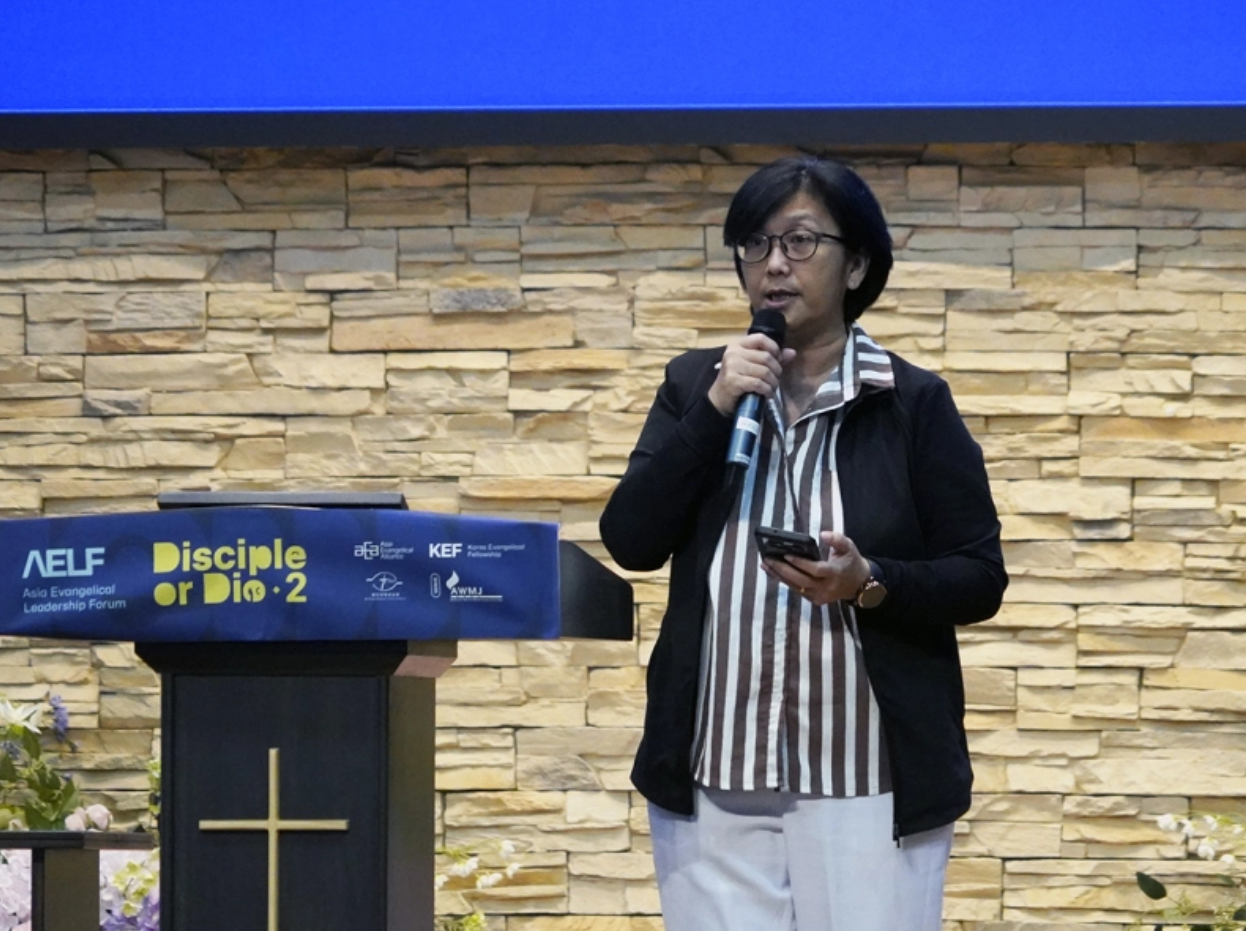A document was recently published with the presentations and contributions of hundreds of participants in the Family and Leadership inquiry, organized by the Spanish Evangelical Alliance.
The coronavirus crisis is driving a series of changes in society that also affect the family.
Faced with this new reality, the Spanish Evangelical Alliance organized a virtual inquiry last October in which around one hundred evangelical leaders with a broad denominational and regional representation participated.
In the inquiry, three papers were presented and then space was provided for debate and the exchange of ideas. The result of this work is the document “The V.U.C.A. (Volatility, Uncertainty, Complexity, Ambiguity) environment and its impact on the family”, which the Spanish Evangelical Alliance has just published on its website.
For Juan Varela, president of the Family Group of the AEE, the document offers important keys to face the present and the immediate future in the church and family sphere. “The presentations were an authentic master-class: Judit Gassó spoke of the family model today and its substitutes, exploring the anthropology of the family. Victor Mirón, a pioneer in working on family matters in the Christian church environment, gave a very practical presentation for churches that want to have long-term programs for families. And finally Pablo Martínez Vila analysed the situation of the family from the social point of view, where it is seen how the new paradigms affect our thinking”, he explained to Spanish news website Protestante Digital.

Juan Varela, president of the Family Group of the Spanish Evangelical Alliance.
This document, in addition to the presentations, also contains the group work done by the almost one hundred participants of the inquiry. Offering this document is also a way of “taking the pulse” of the situation in the church relating to the family. “We believe that this can be a framework document, a true reflection of how the church can go along with social changes without undermining the firm foundations upon which we build”, explained Varela.
The foundations of family in a volatile society
The first presentation, presented by Judith Gassó, social educator and expert in occupational therapy and group dynamics, deals with the family model. It explains the biblical anthropology of the family from its foundation by God himself. It analyses challenges such as family structure, diverse families, dysfunctionalities or models of behavior.
The second text is by Victor Mirón, family counsellor, who has a master’s degree in family education and is president of the Family to Family Association. Mirón analyses the situation of the family in Spain and in the evangelical church. The author states that “the main crisis of today’s families is an identity problem: what is a family; what is a family for? If families are not taught and discipled in doing their mission, the church ends up assuming part of the role and responsibility that would correspond to healthy families, and as a consequence other areas of the church’s ministry suffer, or are affected”. In this ministerial aspect, Mirón proposes a comprehensive plan for the churches that allows families to be strengthened, since “the future of the church in Spain will depend largely on the spiritual commitment of the families of which it is composed”.
The third presentation was by Pablo Martínez Vila, psychiatrist, lecturer and writer, focused on “love and family in a selfish society”. Martínez Vila explained that we are facing the rise of “a new totalitarianism”, in a society where a “new unique thought, a new ethic” is being developed in which “freedom of belief and experience is seriously threatened”. This “ideological totalitarianism” is presented on three fronts: ideological, moral and spiritual, a triple dimension in which the Christian can make a positive difference through an apologetics formation, healthy relationships and an attractive story. “The best answer we can offer is attractive holiness. It is not enough to be believers, we must also be credible and consistent”, the author explained.
As individuals and families, the challenge is to provide a response that goes beyond “reaction”. “We must not impose but expose. Our weapons are the weapons of light: the love of God and the patience of Christ”, said Pablo Martínez Vila.
After these presentations, the document offers the responses shared by the participants to the questions raised, thus offering a broad panorama of evangelical thought on the situation of the family and the challenges it faces today.
An initiative with continuity
The AEE Family group is expected to organise another consultation this October, with the intention that the activity is continued for the long term. Given that “once the year is over, we must look at what has happened in the family environment in a volatile, uncertain, complex and ambiguous world”, says Varela, in order to better respond to the challenges that arise.
“The Family and Leadership Consultation will always be about current issues, about what is happening. It will have a component of specialised presentations and another component of reflection on the part of the leadership in Spain, and thus we are taking the pulse of the evangelical reality in Spain. I hope that the documents that come out of the consultations will be reference documents for the church”, says Juan Varela.
Now available
The document (in Spanish) is available on the website of the Spanish Evangelical Alliance for free download.
Published in: Evangelical Focus
(c) Evangelical Focus, used with permission




